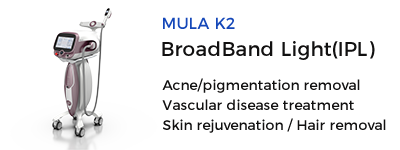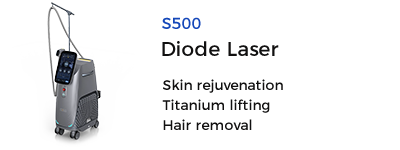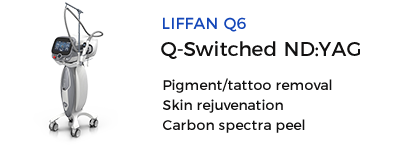The Role of Patient Compliance in Acne Treatment

The Role of Patient Compliance in Acne Treatment
The Role of Patient Compliance in Acne Treatment
Acne is a common dermatological condition that affects millions of people worldwide, impacting their physical appearance and emotional well-being. A myriad of treatments are available, ranging from topical applications and oral medications to advanced procedures like skin whitening treatments and IPL (Intense Pulsed Light) therapy. Despite this plethora of options, the key to achieving desirable results lies in patient compliance.
Understanding Acne and Its Treatments
Acne arises from the clogging of hair follicles with oil and dead skin cells, leading to inflammation and bacterial growth. This results in various forms of lesions, including whiteheads, blackheads, pimples, and cystic nodules. Traditional treatments involve topical retinoids, benzoyl peroxide, and antibiotics, which target different aspects of acne pathogenesis. In recent years, treatments like skin whitening and IPL therapy have gained popularity for their multifaceted benefits.
Skin Whitening Treatments and Acne
While traditionally aimed at addressing hyperpigmentation, skin whitening treatments can also play a supportive role in acne care. Post-inflammatory hyperpigmentation is a common aftermath of acne, particularly among individuals with darker skin tones. Skin whitening treatments help in reducing these dark spots, thus improving overall skin tone and appearance. Treatments can range from topical agents like hydroquinone to more invasive procedures like chemical peels and laser therapy.
Specific areas like the underarms may also suffer from hyperpigmentation due to acne or other factors like shaving. Underarm skin whitening treatments, therefore, not only enhance cosmetic appearance but also build self-confidence, which may encourage patients to adhere more strictly to their overall acne treatment regimen.
IPL Machine and Acne
The IPL machine is another advanced option for acne management. It uses broad-spectrum light to target various skin issues, including acne and hyperpigmentation. The IPL machine works by delivering pulses of light to the skin, which are absorbed by hemoglobin and melanin, subsequently destroying bacteria and reducing redness and pigmentation. This multifaceted approach makes IPL an effective treatment for active acne lesions and resultant hyperpigmentation.
Patient Compliance: The Cornerstone of Successful Treatment
Regardless of the treatment modality, patient compliance is the cornerstone of successful acne management. Two key facets of compliance contribute to treatment success:
-
Consistency in Following Prescribed Regimen: Acne treatments often require ongoing application of medications and consistent follow-up sessions for procedures like IPL. Patients must adhere diligently to their prescribed schedule, missing appointments or skipping applications can significantly hinder outcomes.
-
Lifestyle Adjustments: Doctors frequently recommend lifestyle adjustments, such as dietary changes or stress management techniques, as part of a comprehensive acne management plan. Compliance with these recommendations can amplify the efficacy of medical treatments.
Challenges to Patient Compliance
Several factors can impede adherence, including:
- Cost: Treatments like IPL and skin whitening can be expensive, and ongoing sessions may be required, making it a costly affair.
- Time: Regular visits to a dermatologist or aesthetic clinic and the time required for daily treatments can be taxing for some patients.
- Side Effects: Adverse reactions, even minor ones like dryness or irritation, can deter patients from continuing their regimen.
Enhancing Compliance
Enhancing patient compliance requires a multifaceted approach:
- Patient Education: Educating patients about the nature of their condition and the importance of each treatment aspect can significantly improve compliance. When patients understand the underlying mechanisms and the benefits their treatment offers, they are more likely to adhere.
- Simplifying Regimens: Simplifying treatment regimens without compromising efficacy can make a difference. Combining multiple benefits in a single product or procedure can also improve adherence.
- Emotional Support: Acne often carries a psychological burden. Providing emotional support, possibly through counseling or support groups, can help patients stay motivated in their treatment journey.
Conclusion
The role of patient compliance in acne treatment cannot be overstated. While advanced treatments like skin whitening and IPL machines offer promising results, these are only obtainable when patients follow their prescribed regimens with diligence. By addressing the challenges and fostering an environment of education and support, healthcare providers can significantly enhance patient compliance, paving the way for clear, healthy skin.

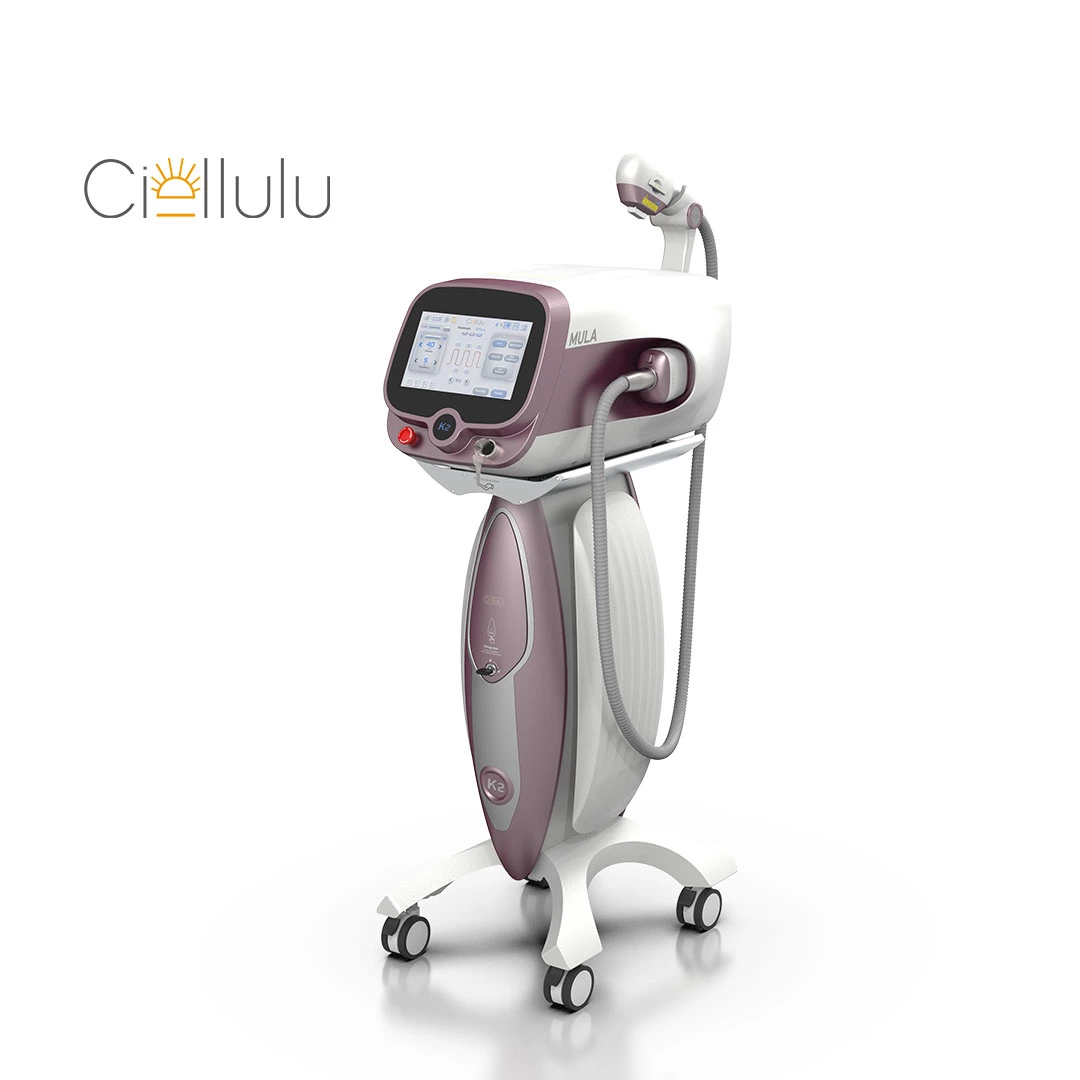
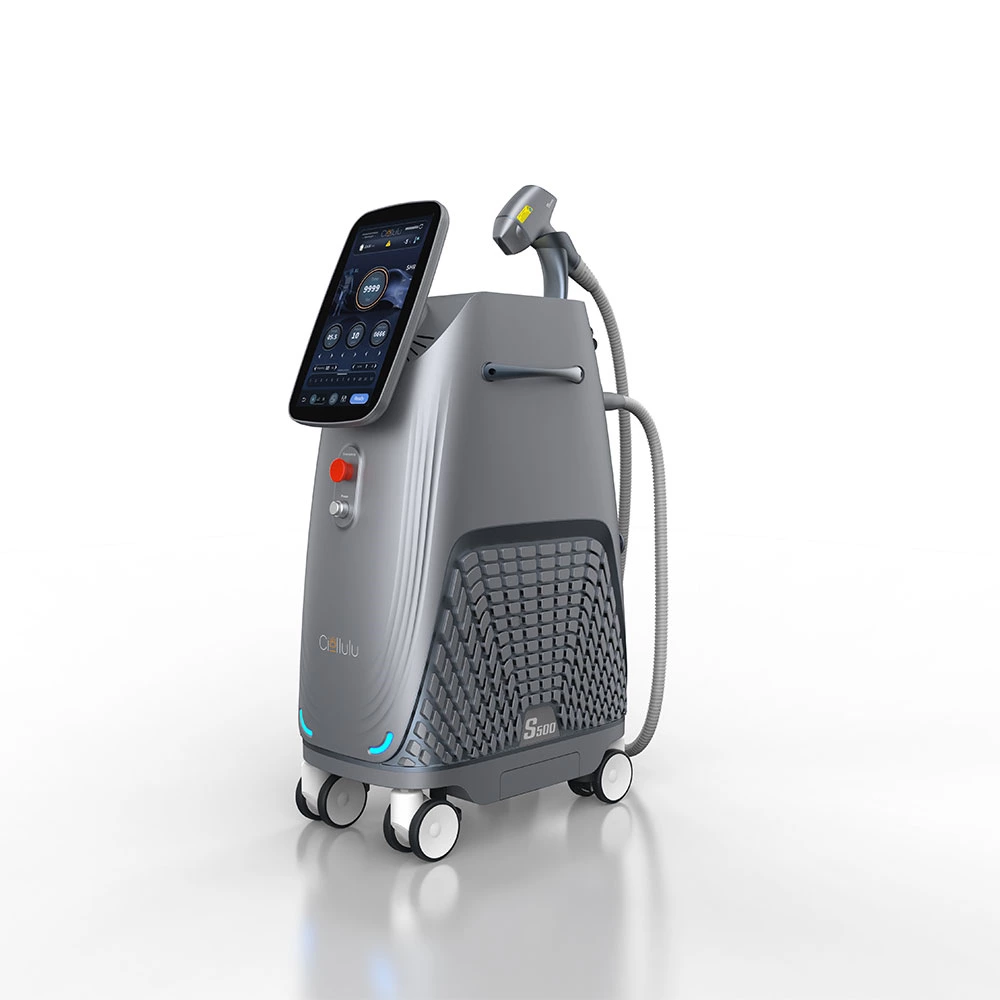
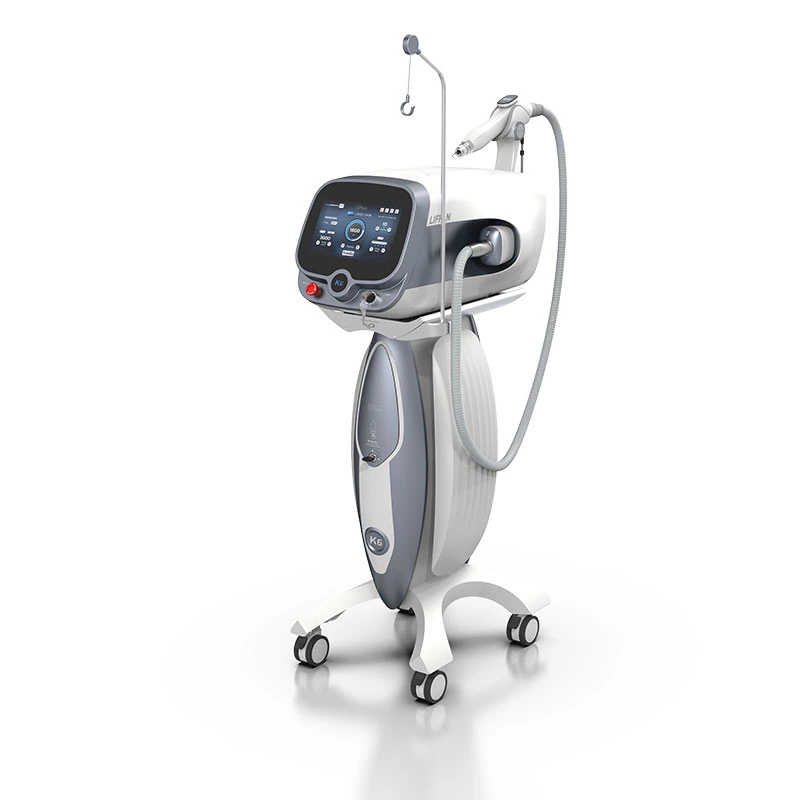
 Ciellulu Laser - Facial Machine Supplier
Ciellulu Laser - Facial Machine Supplier